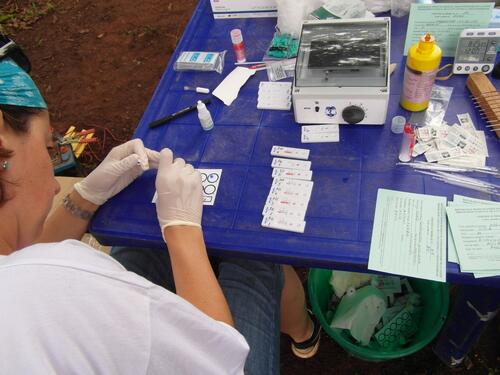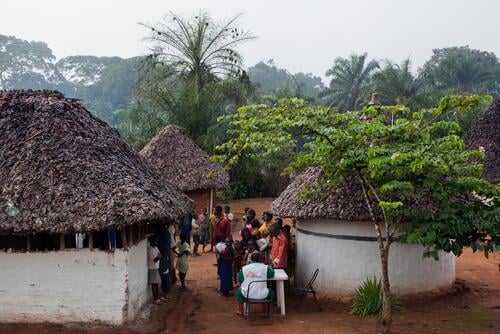Considered a neglected disease, there are two forms of sleeping sickness, caused by two different parasites: Trypanosoma brucei gambiense, which is found in western and central Africa accounts for 98 per cent of cases; Trypanosoma brucei rhodesiense, accounts for less than two percent of cases and is found in eastern and southern Africa. Both parasites are transmitted by the bite of the tsetse fly.
The disease causes severe neurological conditions, including poor coordination, confusion, agitation, aggressiveness or disinhibition. The more commonly-known name of the disease, sleeping sickness, derives from the symptom where patients experience an inability to sleep during the night but are often overcome by sleep during the day.
Featured

Prevalence of sleeping sickness inordinately high in Congo-Brazzaville

Supply of sleeping sickness drugs confirmed

Sleeping sickness in Congo-Brazzaville possibly at epidemic proportions

Rehabilitation in Congo-Brazzaville opens way to sleeping-sickness programme

A brief profile on sleeping sickness

Plan for a new MSF programme in northern Angola

MSF Field Research
We produce important research based on our field experience. So far, we have published articles in over 100 peer-reviewed journals. These articles have often changed clinical practice and have been used for humanitarian advocacy. All of these articles can be found on our dedicated Field Research website.
Visit site



